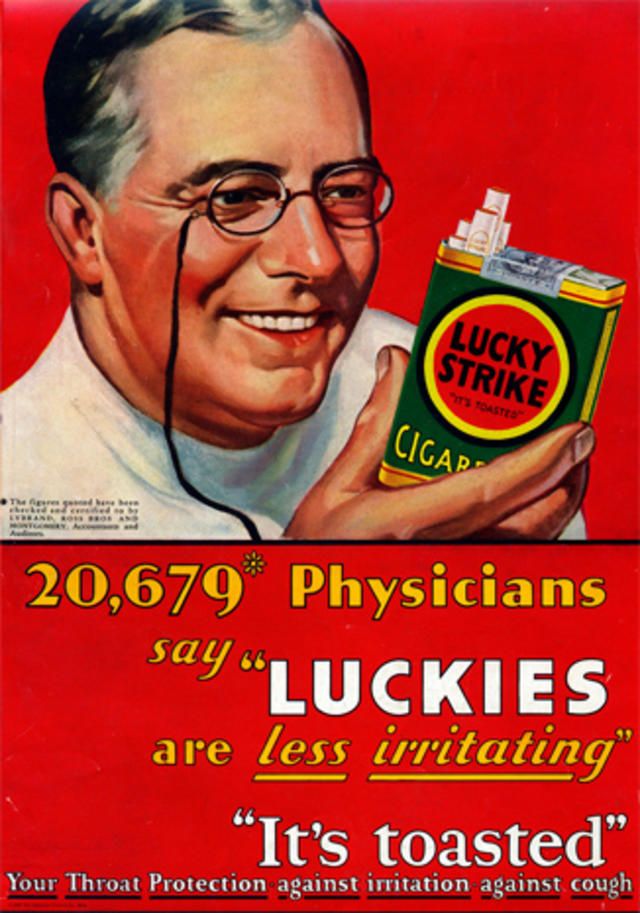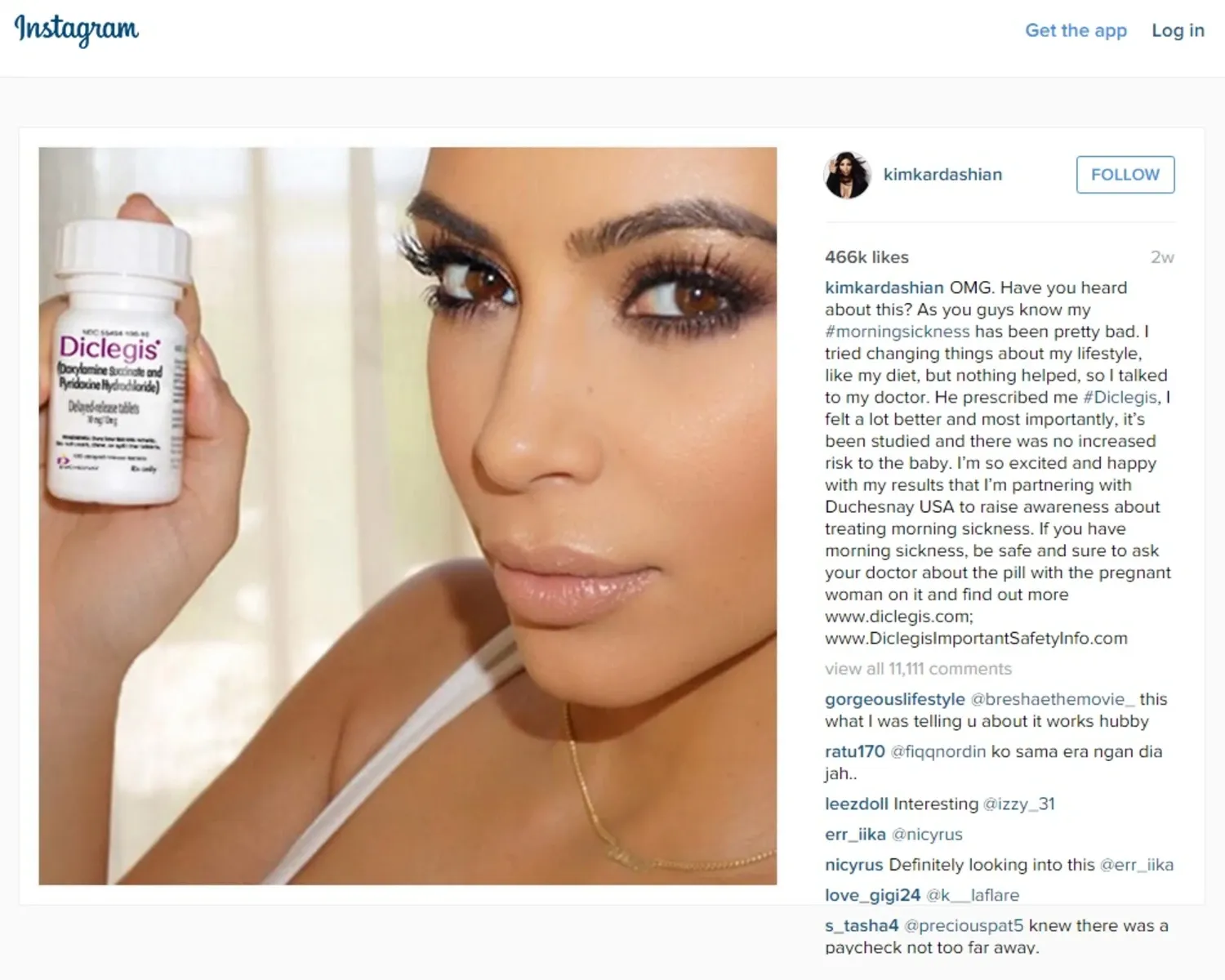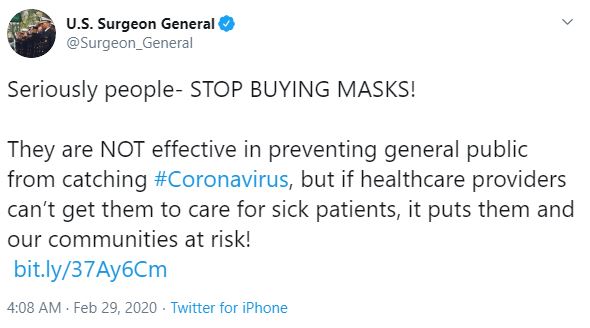On appealing to authority
“Because I said so.” Many of us have heard this phrase at least once in our childhood. Although it's perfectly understandable that a parent may have been annoyed or caught off guard in the moment, this kind of response is an excellent example of the appeal to authority logical fallacy—an error in reasoning.
While it may be harmless (though not always) for parents to appeal to their own authority when talking to their children, over-relying on this type of argument can be dangerous later in life. Consider this vintage ad about cigarettes:

The ad uses the authority of thousands of physicians to make a positive-sounding claim, failing to specify the type of physicians involved. This is an example of appealing to anonymous authority, designed to obscure crucial details. Whenever you hear or see a statement like "scientists say X" without additional evidence to support the claim, you should be highly skeptical.
Side note: You may have also noticed that the ad focuses on the problem of irritation from coughing, which, of course, is not the most important aspect to consider. This is a different kind of fallacy, a red herring, which we'll leave for another time.
Using celebrity endorsements is another form of appeal to authority, but in most cases, it is an appeal to unqualified authority. While this tactic is easier to identify, our brains can still be influenced by it because of the halo effect: a positive impression of the celebrity in one area can impact our opinion of something they have no expertise in.

Appeals to anonymous or unqualified authority are problematic, but we also need to be wary of blindly believing appeals to legitimate authorities. Trust in institutions has declined in our highly polarized times, and perhaps for good reason.
At the start of the pandemic in February and March 2020, many epidemiologists on Twitter were urging people to wear masks to protect themselves. At the same time, official health authorities were explicitly asking people not to wear masks, even claiming that they were not effective, before duly changing course. Unfortunately, forming and changing opinions based on political preferences instead of seeking the truth seems to be becoming all too common.

So, what does this mean for all of us? One option is to entirely distrust authority and conduct our own research. But this would require each of us to become an expert in everything, which is both impractical and undesirable. Personally, I prefer the "trust but verify" approach, leaving room for the level of trust to vary based on the source of information. When it comes to contentious topics, I try to approach them with intellectual humility and remain open to changing my own point of view. Sometimes, saying "I don't know" is better than appealing to your favorite authority.